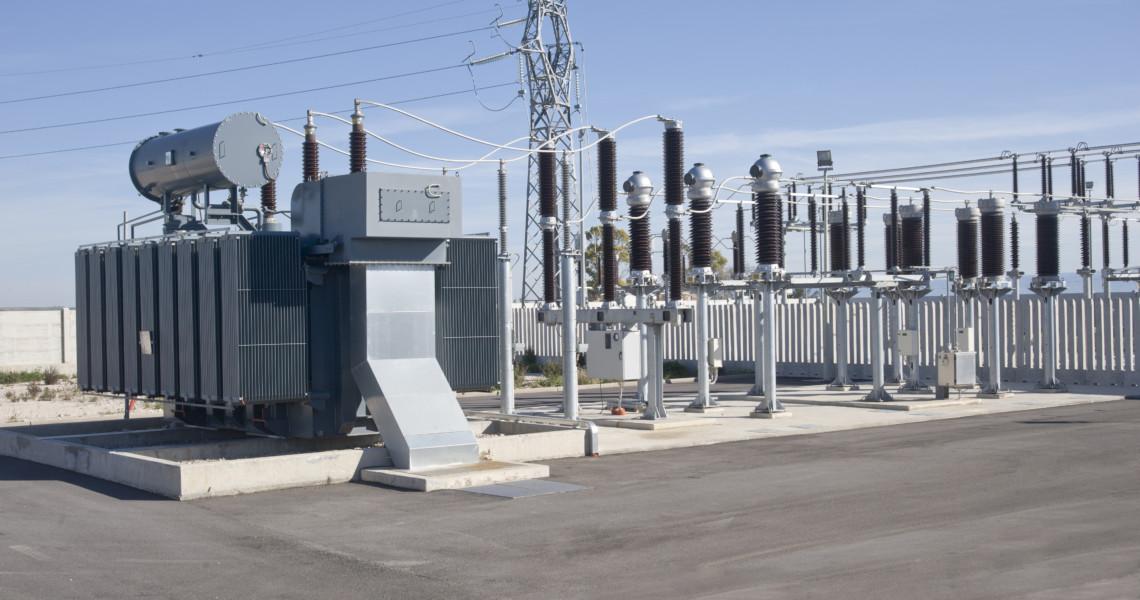In this series of articles, the leading professionals from AFRY share their insights on topics that affect Scanfil, our customers and the whole industry. The first article is written by Jenni Patronen, Head of Energy Consulting, Finland at AFRY.
Russian attack on Ukraine clearly brought up how dependent we are on Russian energy and raw materials. Decision to stop importing goods from Russia was brave and unselfish. However, we also have to realize that the effects of these decisions have long-term and fundamental impacts.
Energy has been imported from Russia especially in the forms of natural gas, coal, and oil, and also as electricity. In addition to energy, we are partly dependent on Russia for example in food production, in terms of importing fertilizers and their raw materials, and in some minerals. Getting rid of the dependence on Russia is a bigger question than just individual sources of energy or raw materials, and it challenges us to look at our strategies more thoroughly.
In the new world, different sectors and actors are increasingly intertwined. The energy sector plays an interesting role. It can be in the forefront of new economy with the raise of renewable energy and green transition. As Europe abandons the imports of Russian energy, we need to significantly increase own emission-free electricity production, ensure a versatile energy system, as well as the functioning energy networks for transferring energy. Also effective operating methods and cooperation models between different industry players are becoming more and more important in the decarbonized and decentralized energy systems, where industries become also energy producers and increased flexibility is needed.
Security of supply in raw materials and energy can also be improved by moving more and more into circular economy. One operator’s by-products can be valuable raw material, fertilizer, or source of energy for another. Efficient operations are even more important – we cannot waste energy or raw materials in a world of scarcity. There are a lot of already existing examples e.g. district heating, biogas production and utilization of industrial waste streams, but at the same time there is untapped potential.
Getting rid of Russian energy quickly and permanently
Changes in energy systems are usually slow, as the development of projects, permitting, approvals and construction take years, especially when it comes to large production plants. Thus, many solutions are needed in energy production. No single technology can solve challenges in such a way that carbon neutrality and security of energy availability and supply are achieved at the same time. We need several decentralized solutions. Abandoning Russian energy makes investments in solar energy, wind power, nuclear power (product life extension and possible new plants, especially small modular reactors), local bioenergy solutions, synthetic fuels and hydrogen made from emission-free electricity, even more interesting and profitable.
The operating environment of companies has changed in an instant, and the changed situation shows the importance of resilience even more clearly. Flexibility and independence take on a new, deeper meaning, but so does cooperation and building bridges. In the midst of general uncertainty, it is now even clearer that investing in a sustainable, circular economy business, where you operate efficiently without wasting anything, is an important part of a winning strategy.
Jenni Patronen, AFRY
This article is contributed by our partner, AFRY, a European engineering, design and advisory service company which aims to accelerate the transition toward a sustainable society.
